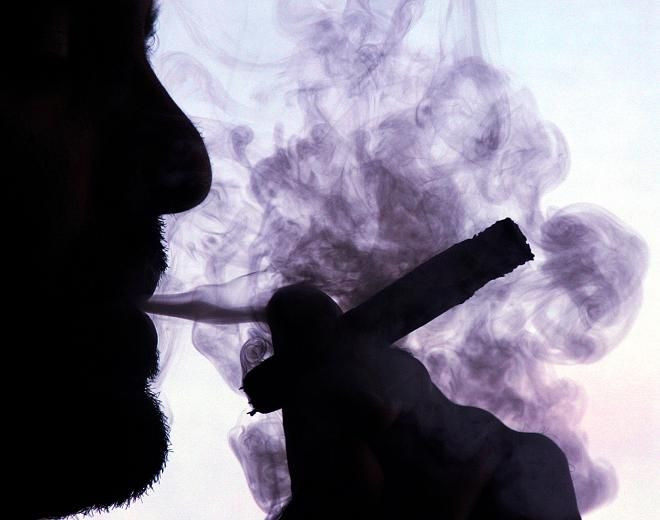Smoking and Head Injuries May Increase Risk of Rare Sleep Disorder

Smoking, pesticide exposure, head injury and low education levels might increase the chances of a person getting a rare and dangerous sleep disorder, says a new study.
The disorder called idiopathic REM sleep behavior disorder, causes people to kick and punch during their sleep. People who suffer from this disease lack the ability to control their movements during sleep and so they end up enacting their dreams. This kicking and punching can sometimes seriously injure other people around them.
This sleep disorder is considered to be a sign that the person may suffer from Parkinson's or dementia later in life. A study reported that the risk of developing neurodegenerative disease over the next 5 years increases by about 17.7 percent in people who have idiopathic REM sleep behavior disorder.
Almost 30 percent to 65 percent of people with this sleep disorder develop some neurodegenerative disease later in life.
“Due to this connection, we wanted to investigate whether the risk factors for REM sleep behavior disorder were similar to those for Parkinson’s disease or dementia," said study author Ronald B. Postuma, with the Research Institute of the McGill University Health Centre (MUHC) in Montreal.
The researchers wanted to know if lifestyle factors affect the risk for this rare disorder. Smoking was found to be associated with increased risk of this disease while smoking is actually seen as a protective factor in Parkison's; pesticide exposure was found to be a risk factor for both.
“Until now, we didn’t know much about the risk factors for this disorder, except that it was more common in men and in older people. Because it is a rare disorder, it was difficult to gather information about enough patients for a full study. For this study, we worked with 13 institutions in 10 countries to get a full picture of the disorder," said Postuma, in a news release.
For the study, researchers compared 347 people with this disorder to 347 people who did not have this disorder. Around 218 non-idiopathic REM sleep behavior disorder participants had other sleep-related disorders while the rest of the group did not have any kind of sleep disorders.
The study is published in the journal Neurology.



























